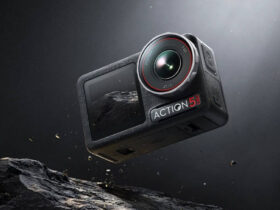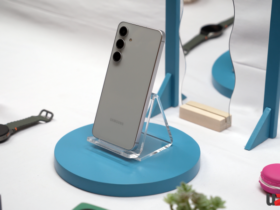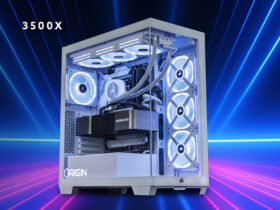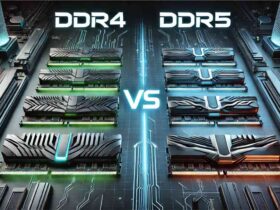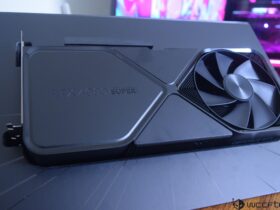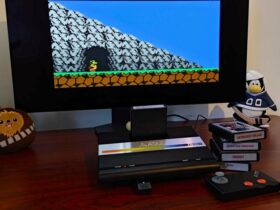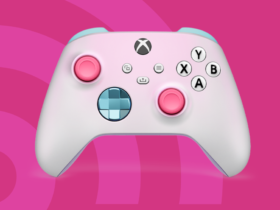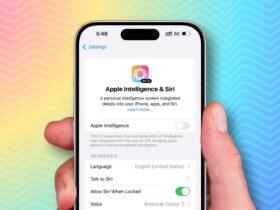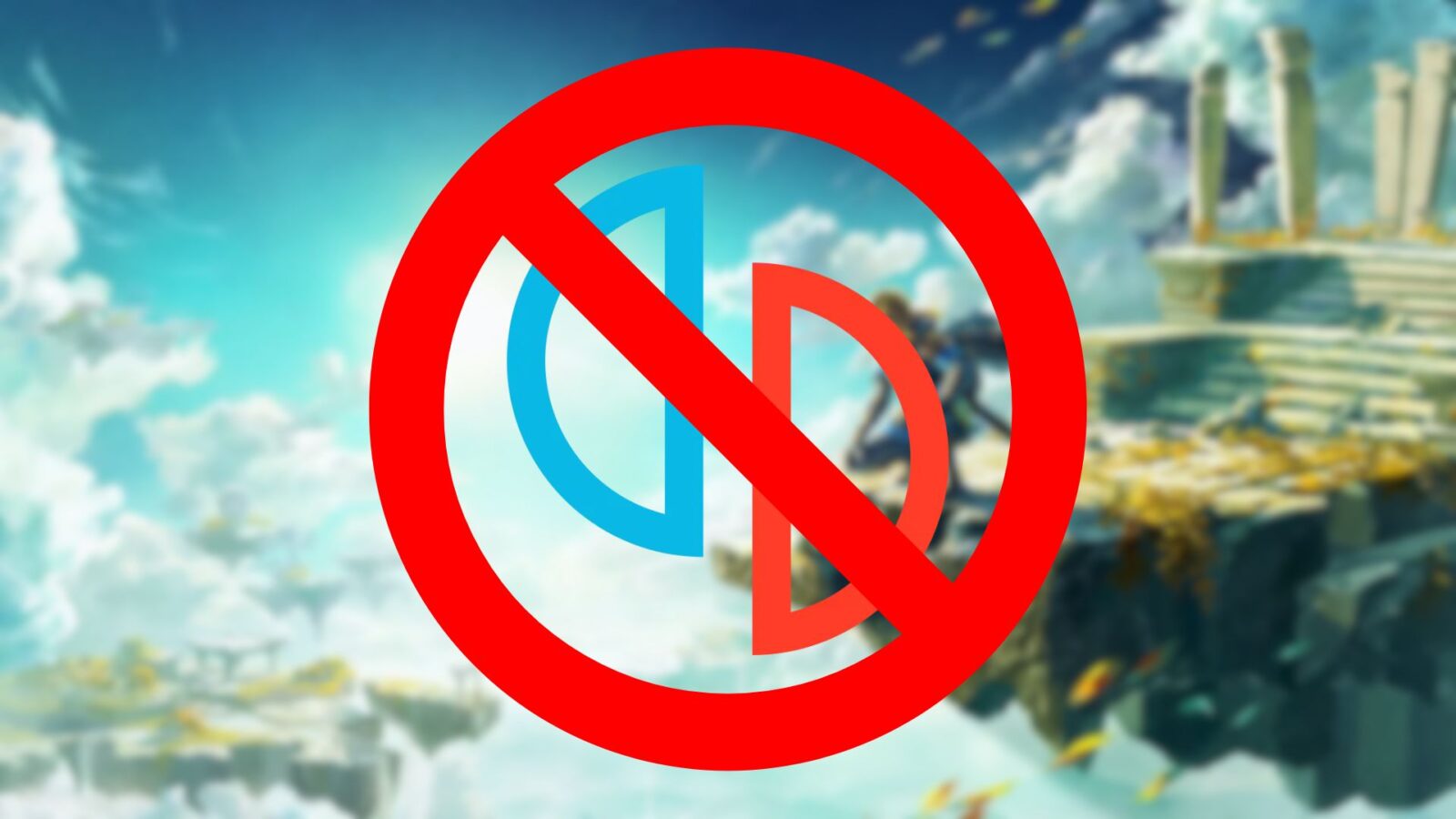Daftar Isi
In a recent legal battle that sent shockwaves through the gaming community, Nintendo emerged victorious against the creators of the popular Yuzu emulator. The emulator, which allowed players to run Nintendo Switch games on non-Switch platforms, faced a multimillion-dollar lawsuit. Let’s delve into the details of this case and its implications for the world of emulation and copyright law.
The Rise and Fall of Yuzu
What Is Yuzu?
Yuzu gained prominence as an open-source Nintendo Switch emulator. It enabled gamers to play Switch titles on PCs, bypassing the need for the actual console. Yuzu’s developers worked tirelessly to reverse-engineer the Switch’s architecture, allowing users to experience games like The Legend of Zelda: Breath of the Wild and Super Mario Odyssey on their computers.
Yuzu Emulator: Pioneering Nintendo Switch Emulation
The journey of the Yuzu emulator, a project set out to bring Nintendo Switch games to the PC platform, is a testament to the ingenuity and determination of its development team. Officially announced on January 14, 2018, merely ten months after the Nintendo Switch hit the market, Yuzu embarked on the ambitious path of reverse-engineering the console’s unique architecture. This endeavor involved dissecting the Switch’s intricate hardware components and software stack, a monumental task given the device’s innovative hybrid design that blends handheld and home console functionalities.
Overcoming Technical Hurdles
The Nintendo Switch posed a myriad of technical challenges unseen in previous console generations, particularly due to its dual nature. The Yuzu team found themselves confronting complex issues surrounding GPU emulation, memory management, and the implementation of system calls—key aspects that are critical for accurately mimicking the Switch’s operating environment on a PC.
Steady Progress and Milestone Achievements
Progress for Yuzu was both gradual and determined. Initial versions of the emulator offered a glimpse into its potential, managing to boot several games, despite the presence of graphical anomalies and performance setbacks. However, with relentless development efforts and iterative improvements, Yuzu began to achieve remarkable compatibility milestones. Notably, it brought to life highly acclaimed titles such as “Super Mario Odyssey” with playable performance, a significant achievement that was soon followed by other major games including “The Legend of Zelda: Breath of the Wild,” “Pokémon Sword,” and “Animal Crossing: New Horizons.”
Read More: Apple One: Guide to Rich Ecosystem of Apple Services
Fostering a Vibrant Community
Key to Yuzu’s ongoing refinement has been the vibrant community that rallied around it. Enthusiasts, gamers, and developers alike have actively participated in the project by reporting bugs, testing games across various builds, and offering constructive feedback. This collaborative spirit extended beyond Yuzu’s immediate community, with developers engaging in knowledge exchange with other emulation projects, thereby fostering a culture of open collaboration and shared progress in the realm of video game emulation.
Nintendo’s Legal Battle
Last week, Nintendo filed a lawsuit against Yuzu, accusing it of facilitating piracy on a massive scale. Specifically, Yuzu was implicated in the unauthorized distribution of The Legend of Zelda: Tears of the Kingdom, a highly anticipated game. Nintendo argued that there was no legitimate way to use Yuzu for playing Switch games, emphasizing that the emulator was primarily designed to circumvent technological measures—a violation of the Digital Millennium Copyright Act (DMCA).
The Settlement and Its Impact
In a surprising turn of events, Yuzu’s developers and Nintendo reached a settlement. The terms included a monetary relief of $2.4 million paid by Yuzu’s creators to Nintendo. As part of the agreement, Yuzu will cease development and distribution. The permanent injunction prevents any further promotion, sale, or trafficking of Yuzu or its source code.
This legal showdown raises critical questions about the legality of emulation in the modern era. While Sony’s early 2000s lawsuits against emulators favored the developers, advances in technology and encryption mechanisms have complicated matters. Yuzu’s demise serves as a stark reminder that the boundaries between emulation, reverse-engineering, and copyright infringement remain contentious. As the gaming industry evolves, the fate of emulators like Yuzu hangs in the balance.



